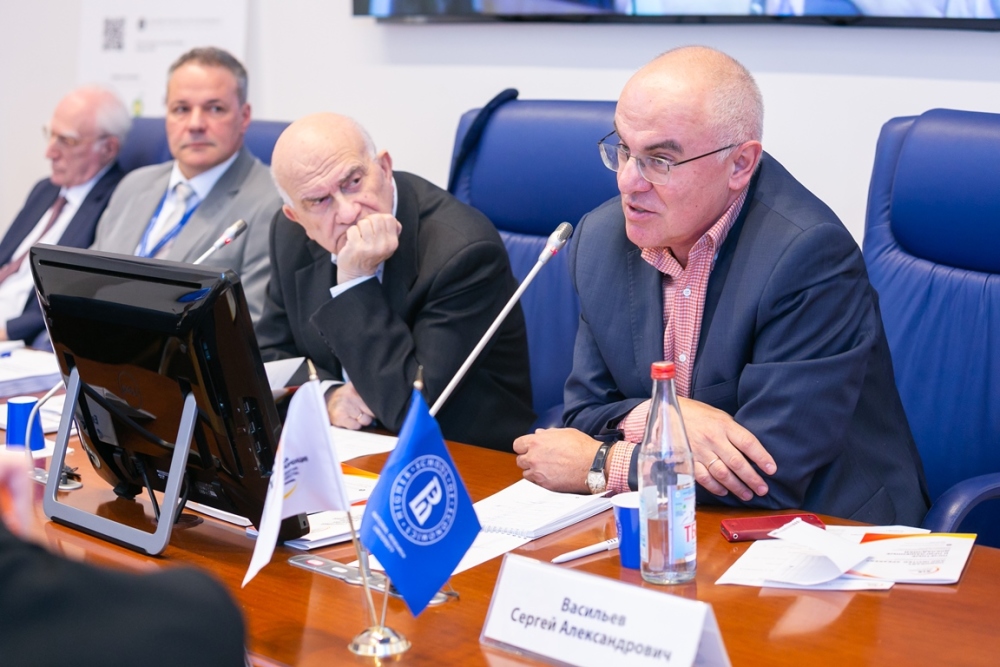Students at the HSE Vysokovsky Graduate School of Urbanism and the HSE School of Sociology took part in an urbanism conference entitled ‘Images of Moscow’. They joined experts to discuss how to build local brands, create new points of interest in various parts of the capital, and how to attract more tourists.
News
The #imnotafraidtosay (Russian: #янебоюсьсказать) flashmob on Facebook and other online actions against sexual violence have helped victims to speak out about the problem and get psychological support from the web. At the same time, full frankness is hardly possible in such projects. It is directly related to anonymity. According to HSE researchers, the most painful experiences are still muted in groups where the discussants use their real names.
The report entitled ‘Twelve Solutions for New Education’, prepared by the Higher School of Economics and the Centre for Strategic Development, was presented at the XIX April International Academic Conference. Professors Martin Carnoy and Tomasso Agasisti, international experts on education and conference guests, have shared their views on the issues and initiatives highlighted in the report.
Physical attractiveness, high-quality photos, interesting content, engagement with the audience, and subject competence are the key contributing factors to Instagram micro-celebrities' success, according to a study which examines the influence of online celebrity endorsers on consumer purchase intentions.
During a plenary session of the HSE XIX April International Academic Conference, participants discussed the technological future of the Russian economy and how it relates to objectives such as speeding up economic growth and improving the quality of life.
Senior management of Russian oil companies lack environmental awareness and refuse to invest in environmental safety, according to Sofia Villo, who has examined the operations of Russia's major oil producer from an ecological perspective.

